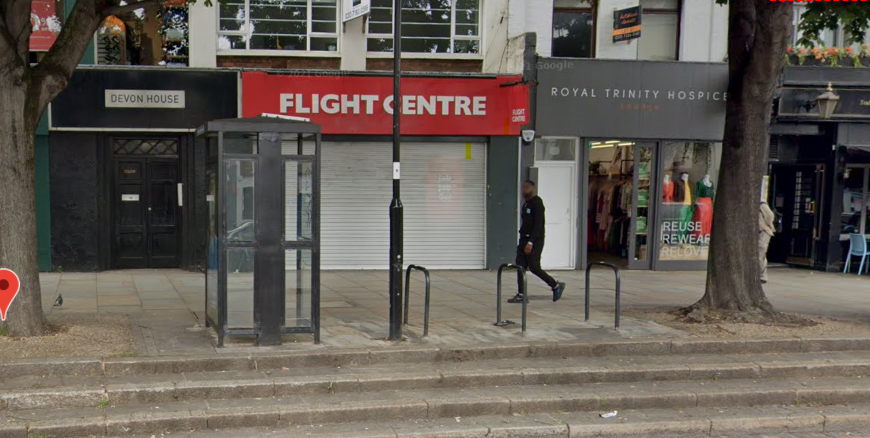
Factory and warehouse assessed together
The Upper Tribunal (Lands Chamber) has determined that a factory building and a warehouse building on sites separated by a public highway, but linked by a substantial conveyor bridge form a single hereditament for rating purposes. The Tribunal’s decision applied the geographical test set out by the Supreme Court in Woolway (VO) v Mazars [2015] and concluded that the three elements of property occupied by the ratepayer, the factory, the warehouse, and the conveyor bridge, should realistically be regarded as a single unit of property. The Tribunal’s decision also dealt with the issue of valuation arising from the finding that these elements formed a single hereditament, and applied an end allowance of 7.5% to reflect the split nature of the site. ...Read More

Rates mitigation schemes were “shams”
The High Court has found that licences made in respect of two properties in Cardiff were sham transactions, designed to avoid a liability for empty rates, rather than being made with the intention of being implemented. The Court also found that, in both cases, the landlord of the property concerned was in rateable occupation, and was liable for empty rates, rather than the alleged licencee. The decision in Queen Street Properties Ltd and Another v Cardiff City Council [2022] is the latest in a growing line of cases disputing the effectiveness of different empty rates mitigation strategies. In these latest cases, the company that purported to be the ratepayer was dissolved, but the District Judge, and the High Court on appeal, found that in both cases the landlord company was in rateable occupation. ...Read More










